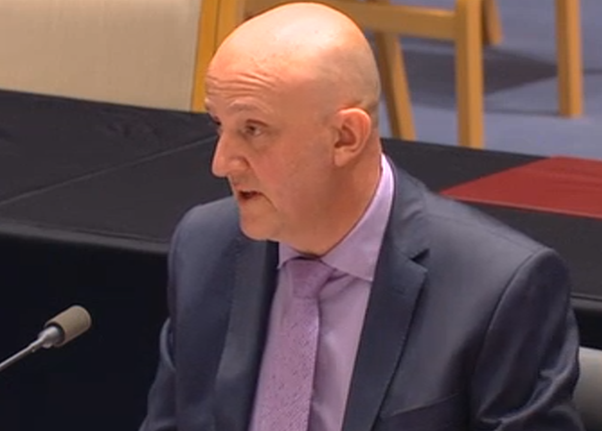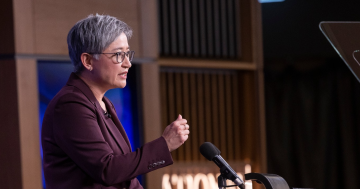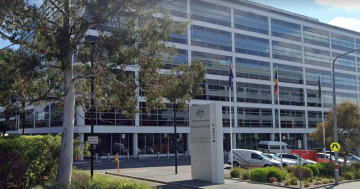
ASIO Director-General Mike Burgess says parliament should repeal his agency’s powers to question 14 to 18-year-olds. Photo: Screenshot.
ASIO has asked parliament to revoke its powers to interrogate teenagers over national security threats, saying it has never used them since the former Coalition granted them four years ago.
When he was home affairs minister, Peter Dutton brought in legislation giving Australia’s domestic intelligence agency the ability to secure warrants to question children aged 14 to 18 over suspected terrorism activity.
He said at the time too many teenagers were being radicalised and granting ASIO the extraordinary powers would help counter the threat.
“It’s a sad reality, but there are 14-year-old kids at the moment who have been indoctrinated online, in our own country, by listening to all sorts of crazy thoughts of people overseas, or they’re being indoctrinated here in Australia, who pose a significant threat,” Mr Dutton said in 2020.
“Let’s be realistic about the threat. We’ve seen instances where we have had disruptions of younger people that have been planning attacks in our country. So this is a real threat.”
But appearing before a parliamentary inquiry into the laws on Thursday (23 May), ASIO Director-General Mike Burgess said his agency was happy to give up the right to request warrants on teenagers.
“The radicalisation of our youth remains deeply concerning and ASIO will respond when we know there is a direct terrorism threat to Australia,” Mr Burgess said.
“However, in the case of children or teenagers on the path to radicalisation, our last resort compulsory questioning power is not the answer.”
The Law Council of Australia, Australian Human Rights Commission, and the current Home Affairs Department have called for the use of warrants on minors to end.
Mr Burgess suggested the laws should be repealed, noting that only a small number of minors had been charged in Australia with terrorism offences since the 9/11 attacks on the US in 2001.
The spy boss said it would be appropriate to reverse the laws even in the current climate that has seen recent counter-terrorism raids in Sydney resulting in minors being charged with offences.
“We don’t believe, despite the significant problem with minors, this compulsory questioning power, given what we now know about the issue, that we require it,” he said.
In its submission to the inquiry, conducted by parliament’s joint intelligence and security committee, ASIO said it had never used the expanded powers relating to teenagers.
“We no longer see a strong case to support the continuance of the power to question minors under warrant,” stated its submission.
“ASIO has never used, nor requested, a minor questioning warrant.”
The spy agency said the security environment continued to evolve, along with the prevalence of minors in terrorism, but ASIO had other ways to investigate them without the use of questioning warrants.
“The Attorney-General must be satisfied there are reasonable grounds to believe that the person has likely engaged in, is likely engaged in, or is likely to engage in activities prejudicial to the protection of, and of the people of, the Commonwealth from politically motivated violence,” its submission said.
“This test is based on the premise that the individual and their activities are known to either ASIO and/or a law enforcement partner.
“Based on our experience since 2020, we consider that by the time a minor engages in activities that reach this threshold, it is a matter for law enforcement to lead.”
ASIO does, however, wish to expand some of its other powers to question suspects.
It wants wider parameters for questions warrants for those suspected of inciting violence in the community, planning attacks on defence systems, and sabotaging critical infrastructure.
“As the threat environment remains increasingly volatile and shaped by diverse drives that range from geopolitical to technical and ideological, ASIO is proposing the questioning warrant framework be extended,” stated its submission to the inquiry.
Original Article published by Chris Johnson on Riotact.






